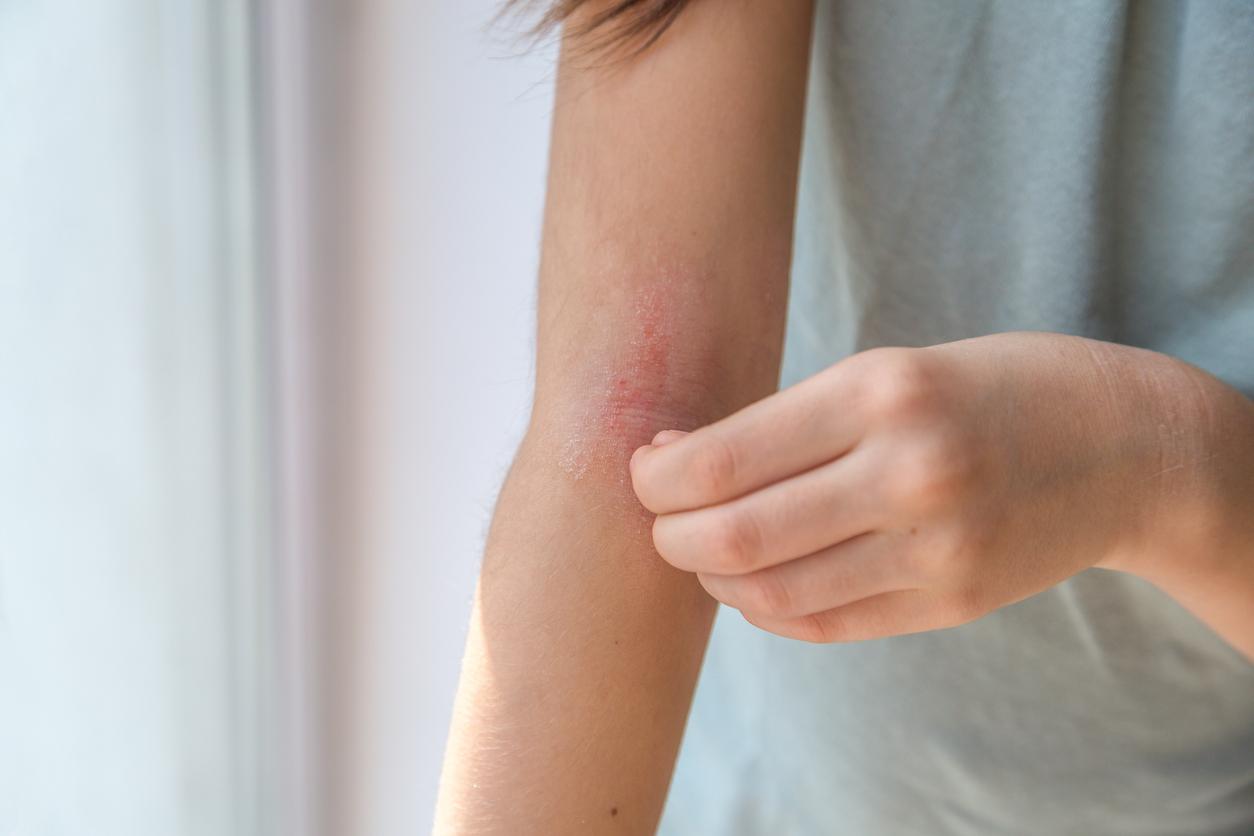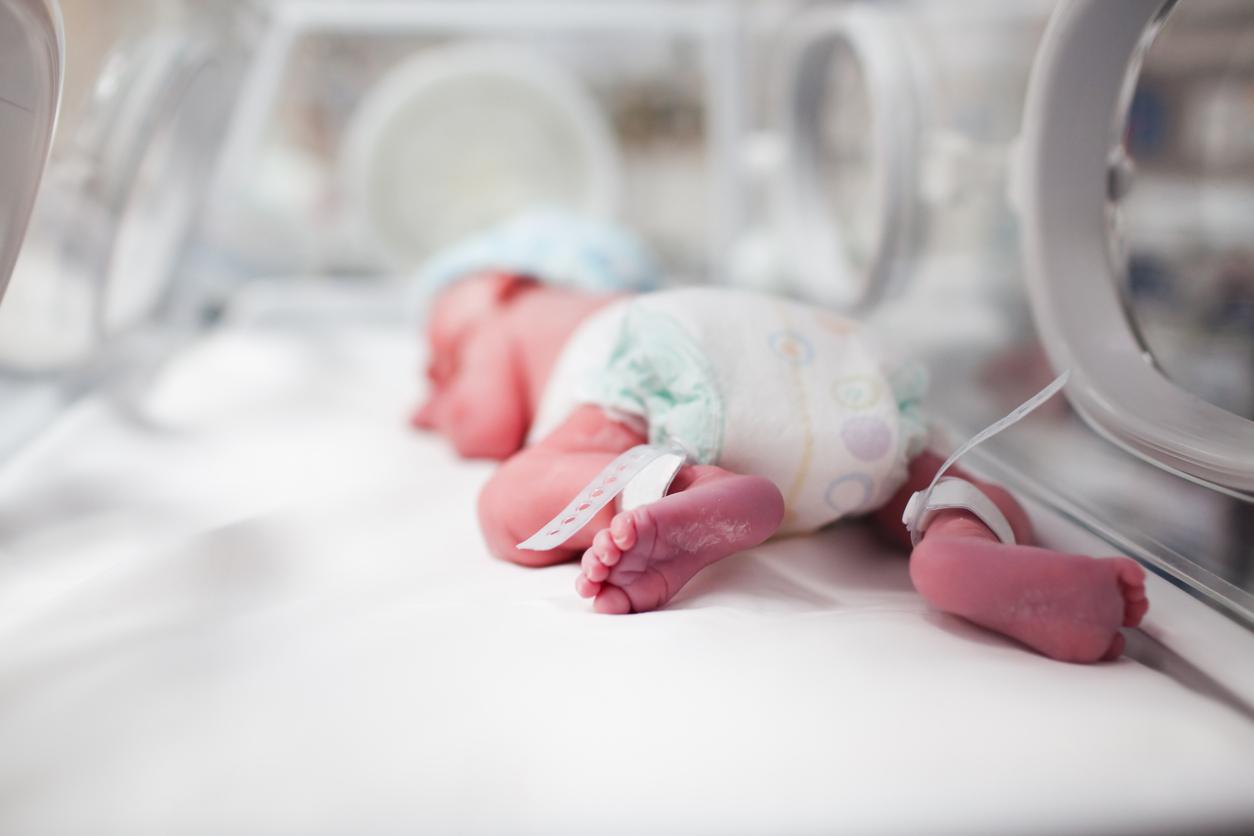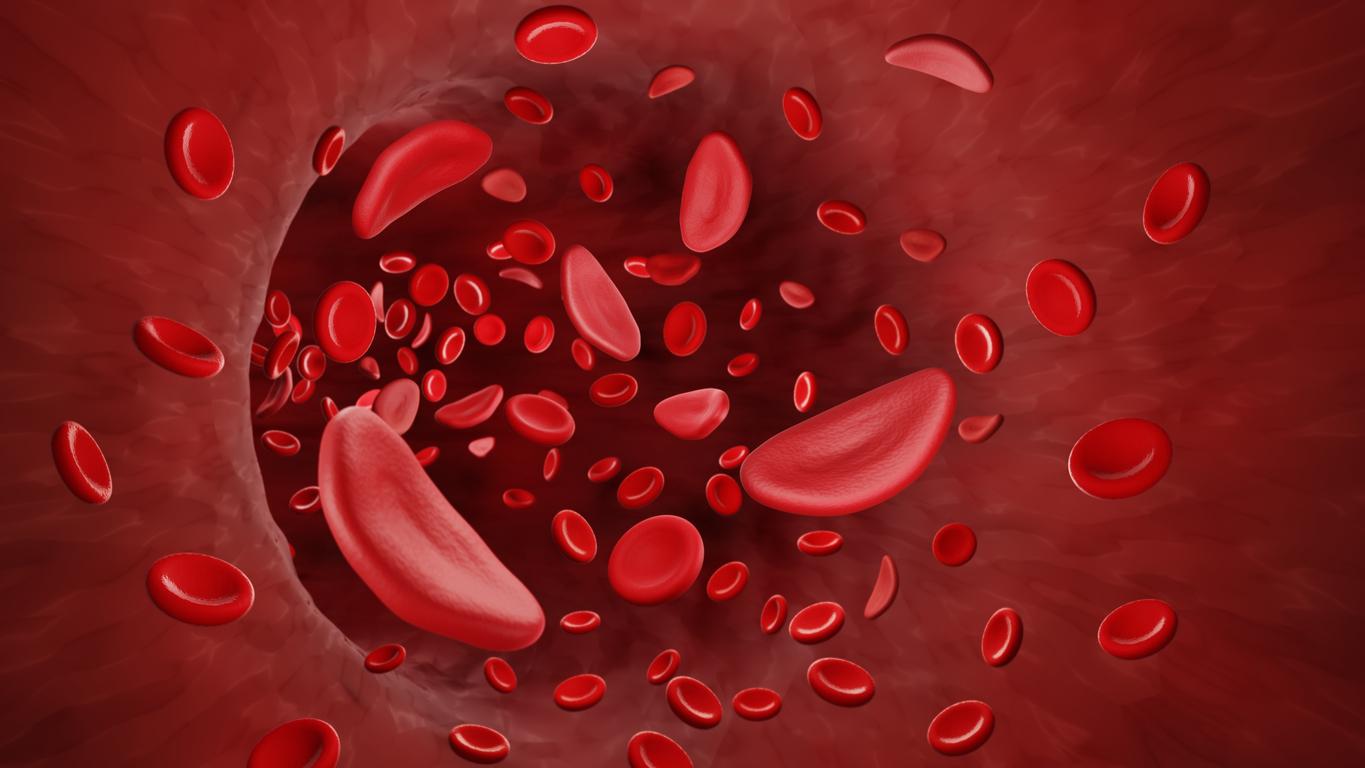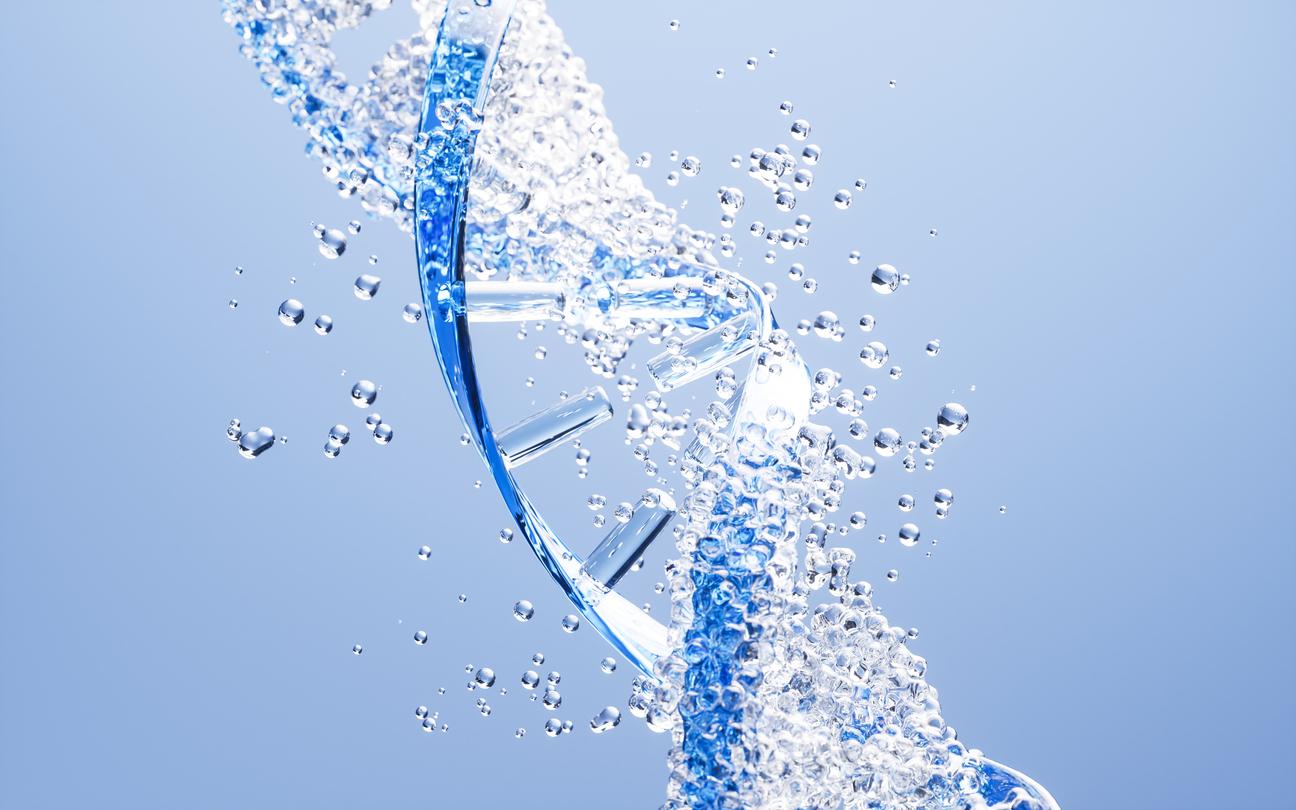Covid, flu… Here’s why some develop severe viral illnesses and others not.

- Some people get serious viral infections and others don’t.
- Researchers have just understood the biological mechanism underlying “the predisposition to severe viral diseases”.
- Their study, recently published in the journal Nature, focuses specifically on the production of autoantibodies neutralizing type I interferons.
Why do some people make “bad flu” or some “big Covid” ? French researchers have found the answer.
More precisely, they understood the biological mechanism underlying “predisposition to severe viral diseases”, they summarize in a press release. “The Franco-American laboratory of the Imagine Institute and Rockefeller University, coordinated by Professor Jean-Laurent Casanova and Dr Laurent Abel, has long been interested in clinical inter-individual differences during an infection, particularly by SARS. -CoV-2 (Covid-19)”, scientists also trace.
Severe viral infections: the role of type I interferons
Their studyrecently published in the journal Naturelooks specifically at the production of autoantibodies neutralizing type I interferons.
Type I interferons (IFN-I) are a group of proteins produced rapidly by the body’s cells in response to viral infection and whose main effect is to inhibit virus replication in infected cells.
Autoantibodies (antibodies attacking an individual’s own tissues, cells, or molecules) directed against IFN-I have been identified in approximately 15% of patients with critical forms of Covid-19, 5 % of severe influenza and 40% of cases of West Nile virus encephalitis. “By neutralizing the action of IFN-I, these autoantibodies prevent the body from defending itself against these viruses. It is likely that these autoantibodies are the cause of a large number of other viral diseases” can we read in the report.
These autoantibodies are present in the general population (0.2 to 1%), with a frequency that increases sharply beyond the age of 70, and are found in up to 5 to 10% of elderly people. Thus, at least 100 million humans worldwide probably carry IFN-I neutralizing autoantibodies.
Certain rare genetic diseases can cause the development of these autoantibodies. Indeed, they are, for example, present in all patients suffering from hereditary autoimmune polyendocrinopathy syndrome type 1 (APS-1).

Serious viral infections: what are the implications of this new research?
“Our work contributes to the understanding of defective molecular, cellular and immunological mechanisms in subjects suffering from a serious viral infection. This was made possible thanks to the identification in their genome of mutations causing a defective immune response . In the case of viral infections, the detection of autoantibodies neutralizing IFN-I has important direct clinical implications for the diagnosis, management and monitoring of patients.judge the scientists.
“The observed increase in the presence of these autoantibodies after the age of 70 is another related question, the understanding of the underlying mechanism of which will benefit from research into the genetic causes responsible for the development of these autoantibodies,” they conclude.

















